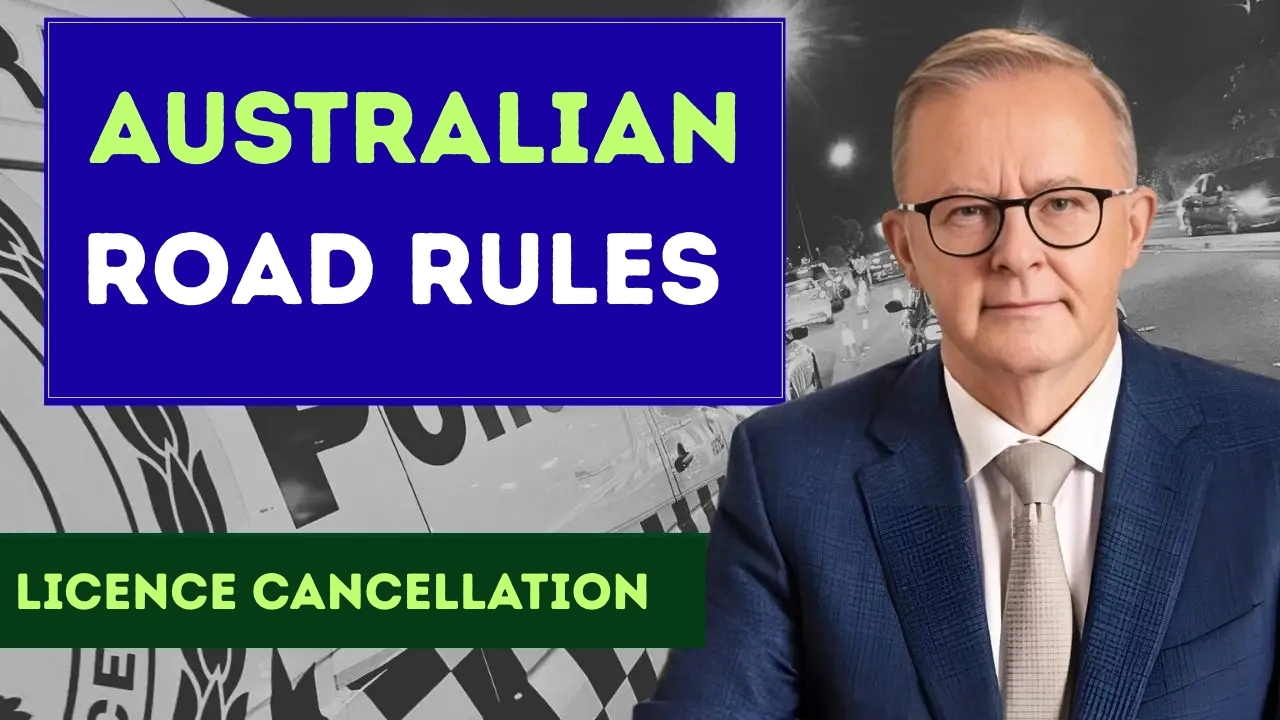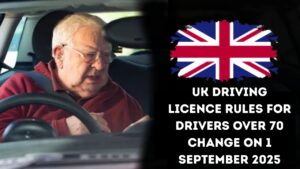In 2025, Australia is going to make important changes in road safety, by introducing new laws that affect driver’s licenses – and particularly, cancellation of licenses. These are the outcomes of coordinated attempts undertaken nationally to enhance safety and road discipline in all the states. Below are the new laws that drivers need to understand concerning the cancellation of licenses for the year 2025.
Medical Testing for Seniors is More Strict
One of the main points in the legislative changes of 2025 pertains to drivers of 70 years and above. More rigorous medical tests are going to be mandated. This means that elderly people will be subjected to evaluation of their mental and physical condition more regularly to determine whether they can and will drive safely. Not passing assessments and failing, or even missing them, means the loss of a driver’s license. This is to ensure the safety of the elderly person. The high probability of the elderly having health which affects their driving is the main reason for this policy.
Competency-Based Assessments
Additionally, more advanced medical testing has now been incorporated in licensing system. Every license holder is subjected to hold assessments. Not passing such assessments will lead to the loss of one’s drivers license. Such medical tests are meant to examine roving capabilities and driving decision which in turn ensures that road users are let behind the wheel are those who know how to operate a vehicle safely.
2025 Financial Penalties and Demerit Points System Update
| Aspect | Details |
|---|---|
| Stricter Penalties | Increased fines for criminal road law violations |
| New Serious Violations Included | Reckless driving and use of hand-held communication devices while driving |
| Licence Suspensions | Higher likelihood of suspensions due to increased demerit point accumulation |
| Focus | Emphasis on addressing reckless driving as a serious public safety threat |
| Purpose | Immediate and severe punishment to deter dangerous driving behavior |
Aligning Licence Controls With Automated Enforcement
Enforcement of compliance with licence restrictions is aided by the use of automated systems like cameras. In states like NSW, Queensland, and Victoria, mobile phone use while driving has increased the penalty for repeated offenders and for the first time, the automated systems use offenders to suspend their licence. Sudden licence checks are also a possibility, and to a lesser extent, the holder is able to self- report to higher authorities for evaluation.
Updated Conditions And Processes For License Renewals
Renewal Processes have also been simplified, and in a separate track, accompanying licences to be issued, the procedural guidelines have tailored to become less and less stringent. Refusal to renew or the grant of a conditioned licence like the addition of interlock devices for disqualified drink drivers have now become possible actions. These changes relevant to the revision offer authorities a wider range of tools to enhance road safety.
Appeals and Support for Affected Drivers
With the new restrictions imposed, there is certainly an increase in the number of appeals that can be lodged if a driver’s licence is canceled or suspended. Drivers can exercise their rights to appeal a medical and competency assessment and are able to access some level of advocacy on their behalf by some transport and legal businesses. This optimal vantage point attempts to balance the two competing interests of the driver and the public.
Nationwide Consistency and Local Variations
While these modifications are still aligned with the overarching framework of national public policies, their execution is likely to differ from one state to another. Each locality has its own target dates, and there is an additional set of steps that drivers should be educated about. Active communication with roadside transport organizations is vital to guarantee that no new restrictions are latched on to the existing ones.



